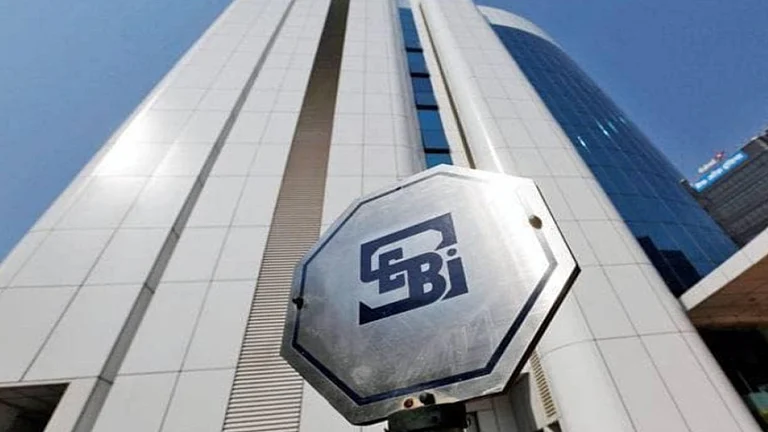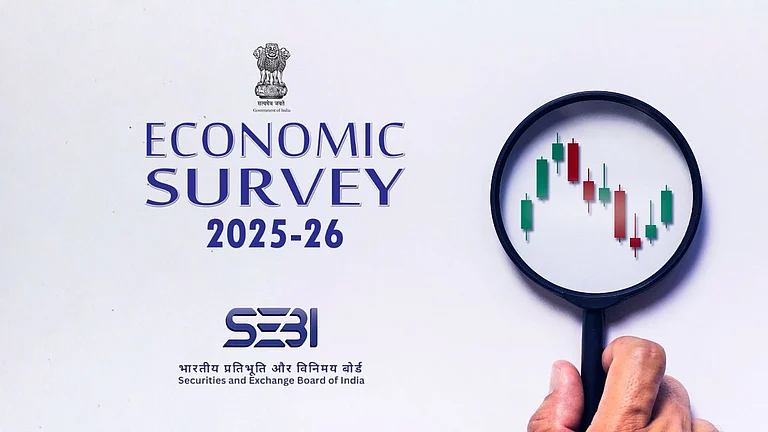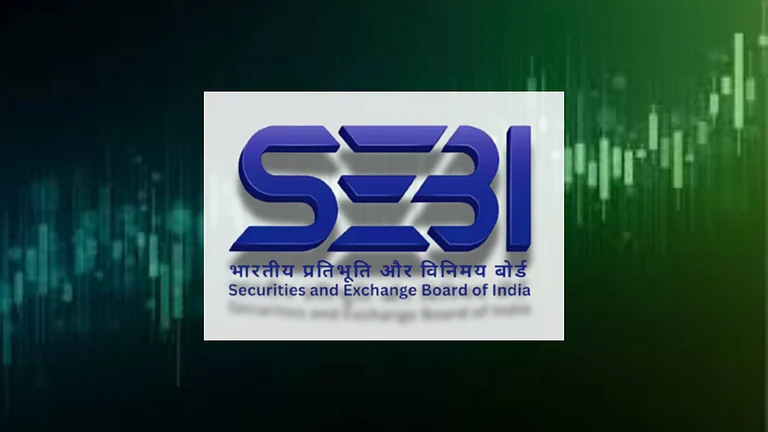Citing an increasing demand for algo trading by retail investors, the Securities and Exchange Board of India (Sebi) recently floated a consultation paper that outlines a proposal to regulate algorithmic (algo) trading by individual traders.
The motive behind this regulation to to make algo trading safe, more accessible, and transparent for individual traders while also weeding out the existing challenges and risks associated with this trading.
What Is Algo Trading?
Algo trading allows investors to automate trades based on pre-set criteria such as price, timing, or volume. While many seasoned and institutional traders have leveraged algo trading for years, retail investors have only recently started exploring this technique.
Sebi’s new proposal puts emphasis on regulating the use of algorithmic trading among retail investors with due oversight to minimise risks.
What Is Sebi’s Proposal on Algo Trading Regulation?
1) Empanelment of Algo Platforms/Providers: Sebi is suggesting that al algo providers must be empanelled and registered with stock exchanges including individuals or companies.
This regulation would ensure that algo trading services do not deviate from regulatory standards and provide a safer trading space to retail investors.
2) Registration For Self-developed Algos: There are many tech-savvy retail investors in the market who are capable of developing their algorithms. Sebi suggests that such individuals should also register their creations with the exchanges through their brokers. These self-developed algos can then be used by investors and their immediate family, which Sebi defines as the trader, their spouse, dependent children, and parents.
3) Role of Brokers: Sebi has suggested that for the purpose of provision of algo trading through APIs, brokers should be the’ principal’ while any algo provider or fintech/vendor (referred to as ‘algo provider’) shall act as its agent while using the API provided by the broker.
Brokers will be responsible for ensuring that all algos executed through their platforms comply with Sebi’s guidelines and will also handle complaints related to algo trading.
4) API-based Trading Rules: Application Programming Interfaces (APIs) are widely used for trading purposes. Sebi is proposing that brokers must categorise all API-based orders exceeding specified speed or volume thresholds as algo orders. These algos will be tagged with unique identifiers for traceability.
Moreover, for security purposes, the brokers need to implement measures such as two-factor authentication and OAuth (Open Authentication) for API access.
5) Approval of Algorithms by Exchanges: The proposal states that Brokers will need to obtain approval from stock exchanges for every algorithm they offer to retail investors. This includes testing algos for their performance and safety before they are deployed.
The Exchanges will act as the primary regulators for supervising algorithmic trading while ensuring the following:
- Post-trade monitoring of algorithmic orders and trades including putting in place a Standard Operating Procedure (SOP) for testing of Algos;
- continue to have the ability to use the kill switch4 for orders emanating from a particular algo ID.
- Define the roles and responsibilities of brokers and empanelled vendors
- Define the criteria and process of empanelment of vendors
Additionally, Exchanges will also need to supervise/inspect that brokers have the ability to distinguish between Algo and non-Algo Orders.
6) White Box v/s Black Box Algos: So Sebi differentiates White Box and Black Box algorithms in the following ways;
White Box algos are fully transparent, allowing investors to understand their logic and functionality. Black Box algos, on the other hand, are opaque and require providers to register as Research Analysts.
The algo providers are needed to submit detailed reports about their algorithms to stock exchanges.
7) Kill Switch Mechanisms: To prevent malfunctions or rogue trades, Sebi has mandated a ‘kill switch’ feature which is like an emergency brake mechanism to halt the trading immediately if an algorithm behaves unpredictably. This could limit potential losses.
8) Past Risk and Return Verification Agency (PaRRVA): Sebi has introduced the concept of PaRRVA which will verify the risk-return metrics of algos and other investment tools. This agency will operate on a pilot basis initially and will help validate claims about algorithmic performance.
Even though algo trading is known to quickly adapt to changing market conditions, it is important to know that it is not completely immune to ‘Balck Swan events’ - the rare unpredictable market shocks.
Sebi has tried to mitigate such risks associated with algo trading by proposing a fast-track registration process for certain types of algos and a robust back-testing and stress-testing of algorithms to ensure their reliability even in extreme market scenarios.
















